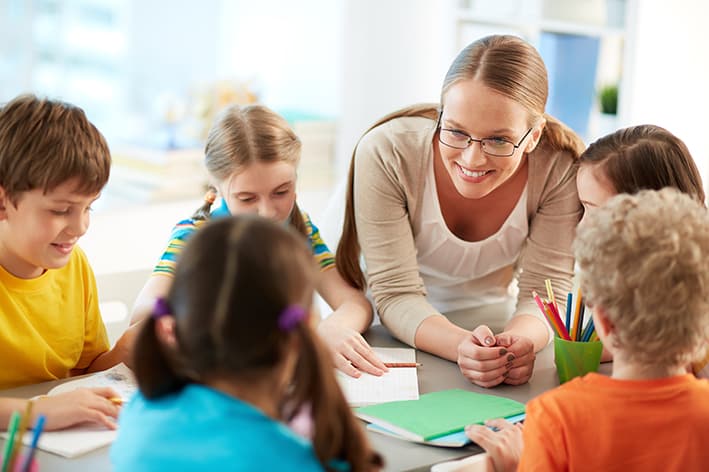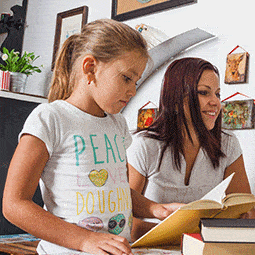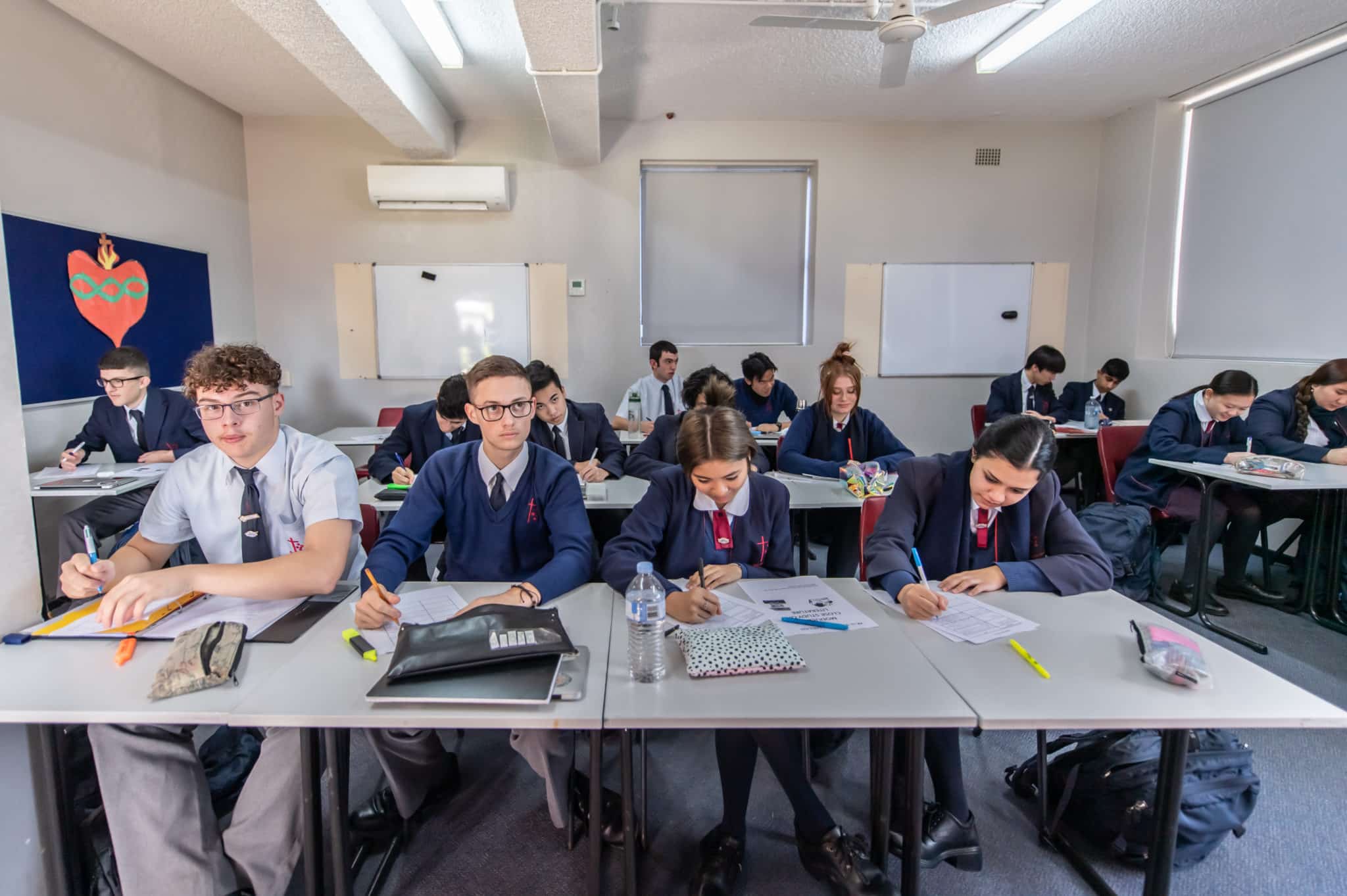Just as we started to return to some normality with transitioning back to school, work, sport and social events, the second wave of the coronavirus has arrived. With Victoria in lockdown, state borders tightening and social restrictions re-instated, many of us are thinking … are we going back into lockdown and returning to home schooling?
Dealing with a second wave may be quite confusing for some kids, who cope in different ways just as adults do. Clinical psychologist Anissa Mouti said that while we are living in a time of uncertainty, we managed a chaotic term 2 and we can do it again in term 3!

So how can we get our kids to knuckle down and concentrate on schooling?
According to Ms Mouti, we need to continue to keep our kids informed. Parents and schools have already done a great job turning new norms such as social distancing and handwashing into our everyday routines. Kids are so used to this now that we are seeing them do it without prompting and we need to keep this up.
We may also have to start getting our kids used to wearing masks. Last Friday, NSW Health updated their policy to include mandatory face masks for all health workers and last Saturday, supermarkets in hot spots are now encouraging customers to wear masks in their stores.
Victoria has already made face masks compulsory and while masks are not mandated for children under 12, by exposing them to people wearing them and getting used to them, we can help alleviate their anxiety should policies change and masks become mandatory for everyone in NSW.
If your child is showing signs of anxiety when watching the news, limit their screen use and you be the one to deliver the information.
Keep to the facts and use age appropriate language. Kids are in tune with what is going on, even when we think they are not. If we don’t tell them, they will hear it from somewhere else. It is ok to tell them you “don’t know” all the answers and that the government is working with specialists to keep us informed on how we can stay safe. If they are not talking about COVID-19, just remind them of the rules they need to adhere to.

Keeping up with your normal everyday routine with changes where needed is another way to support and reassure our kids and help them concentrate on schoolwork. The more predictability, the less anxiety.
This term is paramount for our HSC students. If your child is completing Year 12 and is feeling stressed and overwhelmed, remind them that you are there for them. Acknowledge and validate their feelings, check-in with them and help them set up spaces at home to study. If there are not many places to study and libraries are closed/restricted, speak to your child’s school to come up with another plan. Counselling services such as the Kids Helpline (1800 55 1800 or www.kidshelpline.com.au) are available 24/7 or speak to your child and their GP about accessing professional support.
At the moment, the reality is, if numbers keep rising, we could be headed to another lockdown. Schools are already implementing a lot of online learning in the classroom and should continue this so students will find online learning far less overwhelming.
Continue with spending some structured time with your children at home such as a family “power” hour. Allocate one night a week, even if it’s just for an hour to share with your children. It could be playing Roblox or Lego together, or watching a movie. This time could provide an opportunity for your child to sporadically raise concerns they have about school or COVID-19 with you.
Remind yourself you have done this before and you can do it again.
Tips for Term 3
-
Reminding kids of the COVID-19 norms
- Hand washing
- Social distancing
- Temperature checks
- Cover mouth when sneezing/coughing
- Staying home when sick
- COVID-19 tests
-
Awareness of what is going on
- Keep news to a need to know basis
- Answer questions as they come up in a matter of fact and age appropriate way
- Acknowledge your child’s feelings, don’t dismiss them
- Remind them that governing bodies are keeping us informed
- Talk about things you are looking forward to
-
Keep up with usual school routine with changes where required
- Be consistent where you can, particularly with rules around meal times, screens and bedtime
- Downtime and homework time
- Make changes where appropriate to reduce risk (e.g., school drop-offs/pick-ups; changing clothes each day; wiping down items used at school)

Support our HSC students! PHOTO: Giovanni Portelli
-
Support our HSC students
- Create study spaces for them if feasible/plan B if not
- Communicate with schools
- Encourage good sleep hygiene
- Encourage exercise (e.g., walk in the park)
- Encourage them to seek support from parents, staff and professionals if needed
-
Prepare for home schooling
- Get familiar with your child’s online portal
- Keep your routine
- Wait to hear from your child’s school
-
Continue with family time
- Set up a family “power” hour. Allocate one night a week with the family to spend some time together
- Join screen time if your child is playing games such as Minecraft, Roblox, Zelda
-
Seek support
- Remember: It is ok to not have all the answers and if you are finding this all overwhelming, have some time out for yourself or ask for help.
MOST IMPORTANTLY DON’T PANIC
Anissa Mouti is a Clinical Psychologist at Total Health Care, Bondi Junction (Total Health Care is a multi-disciplinary practice of psychologists, psychiatrists, paediatricians and social workers working with children, adolescents, families and adults).
